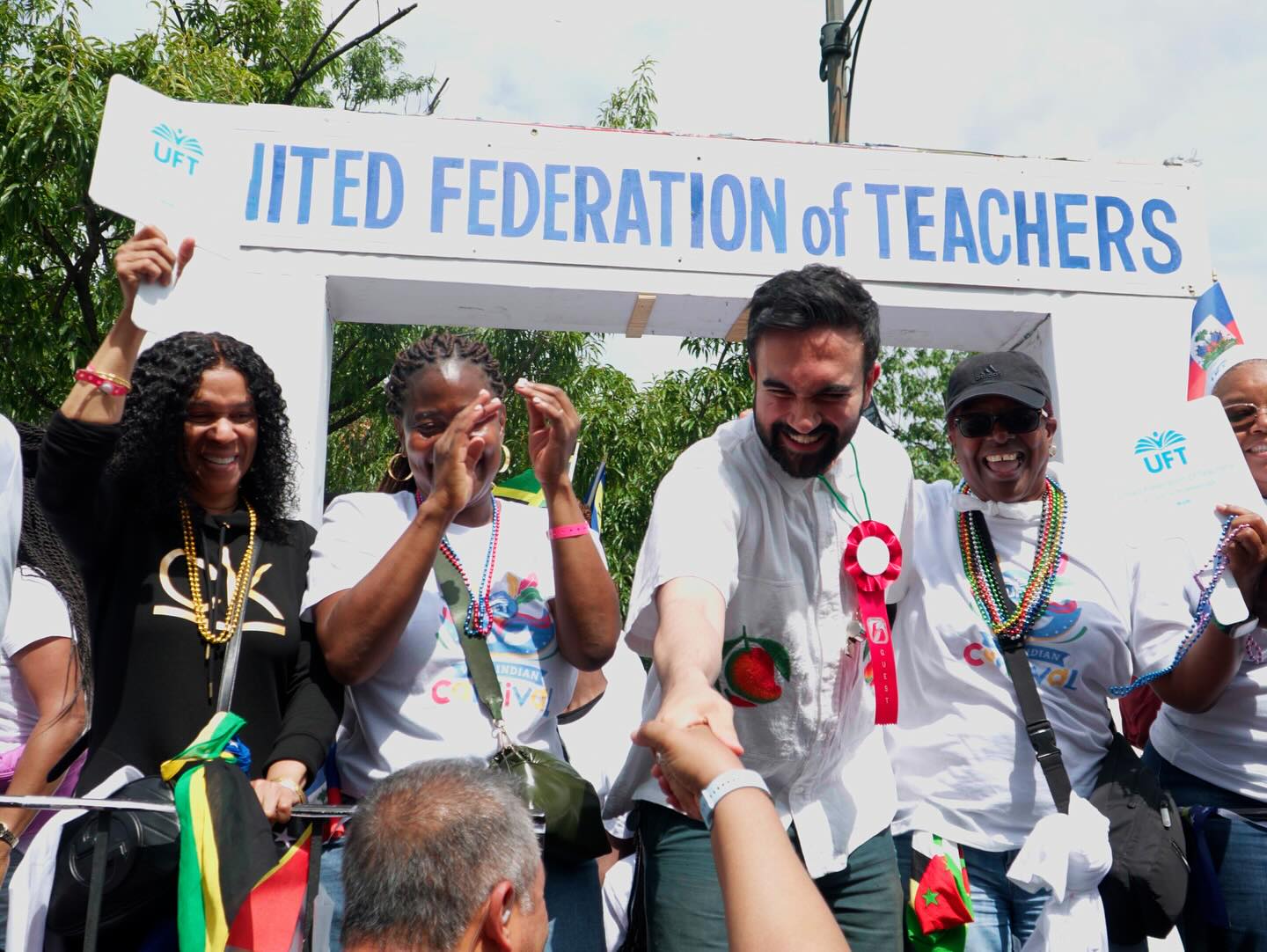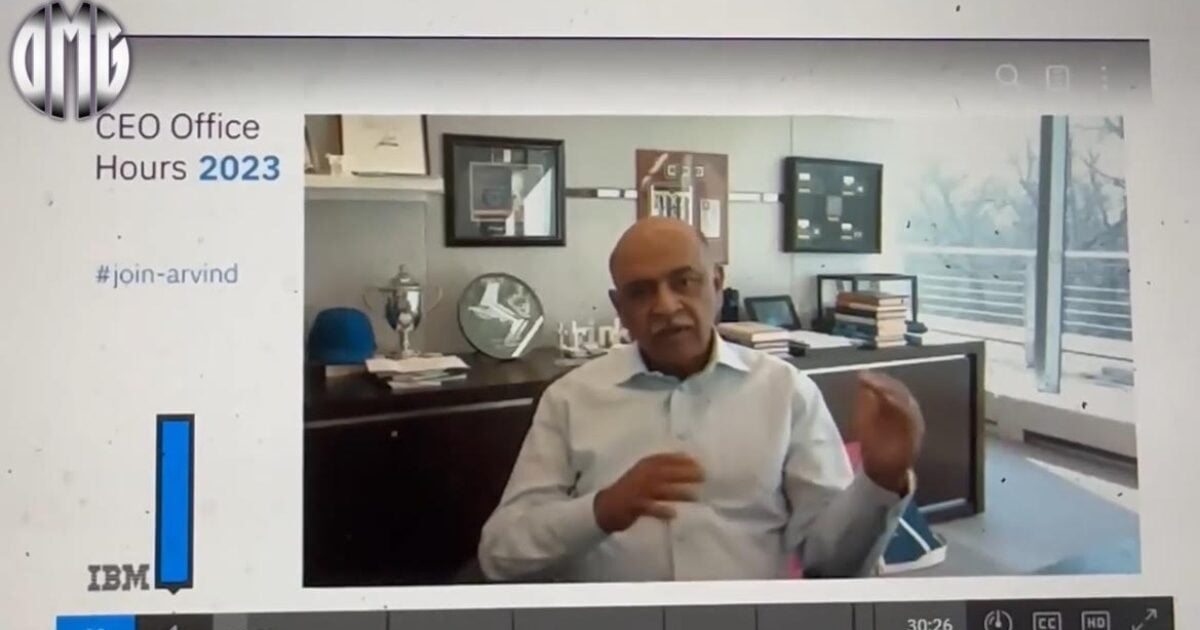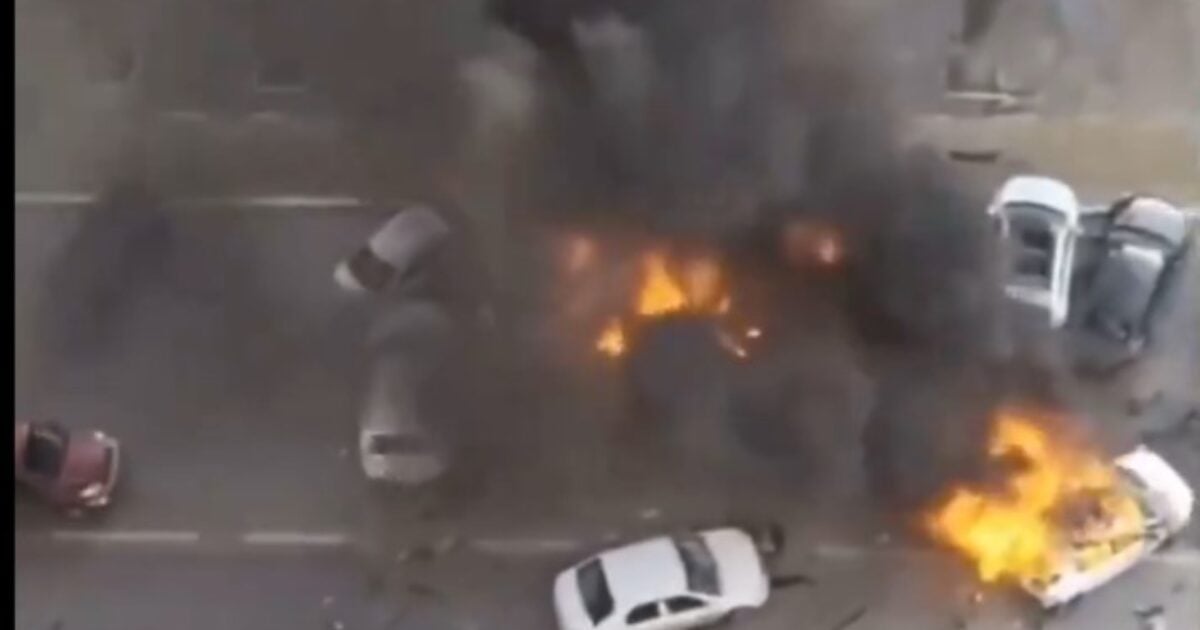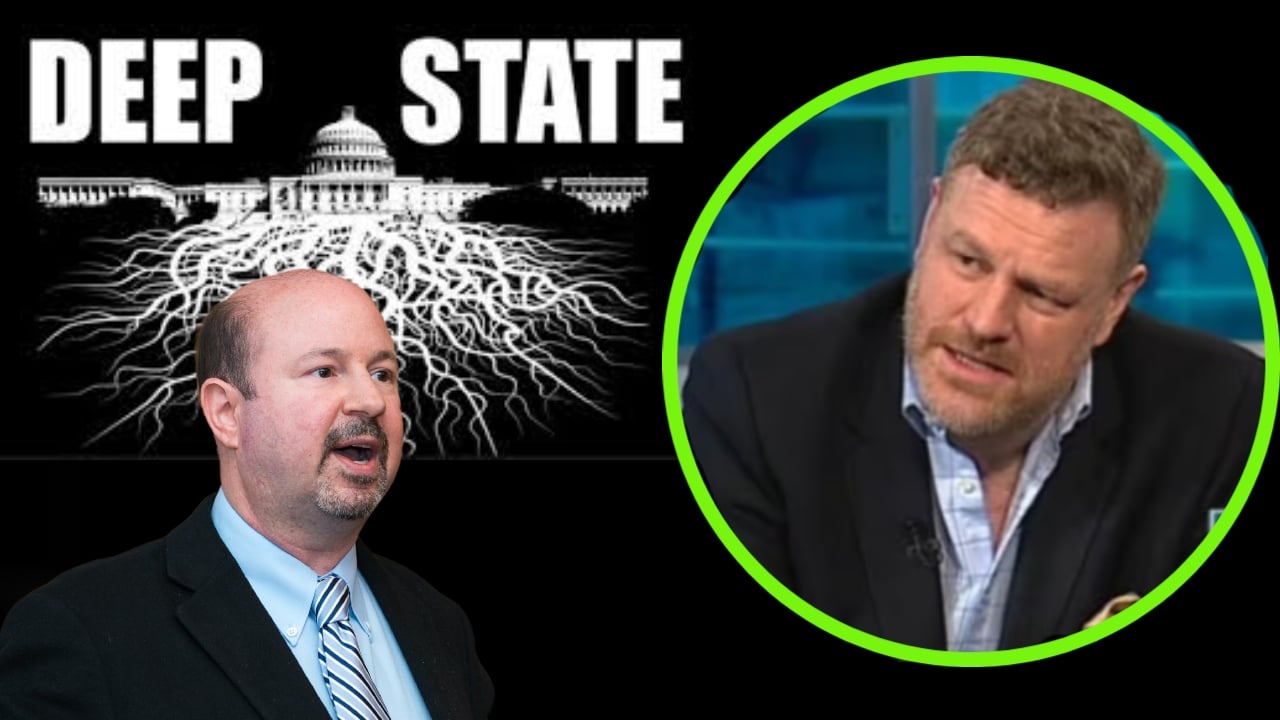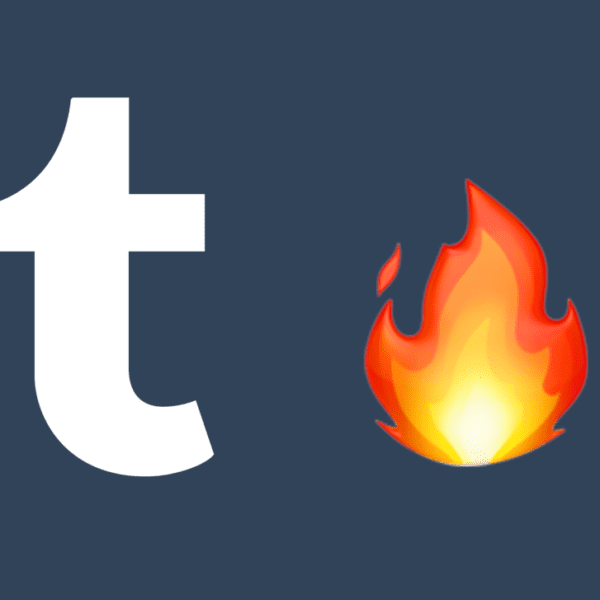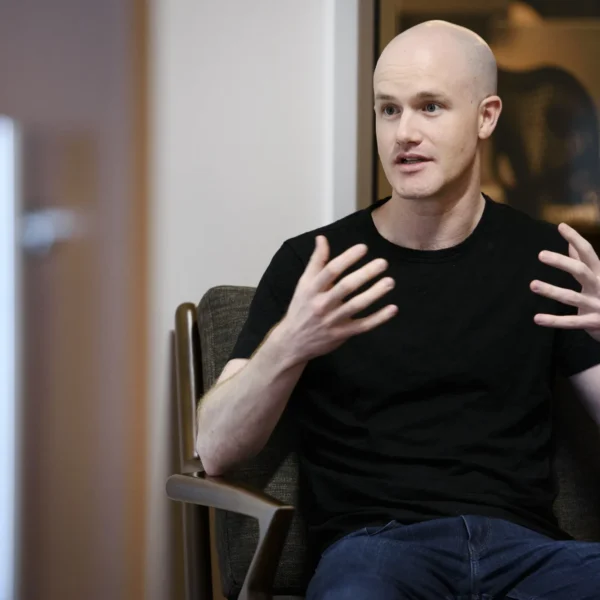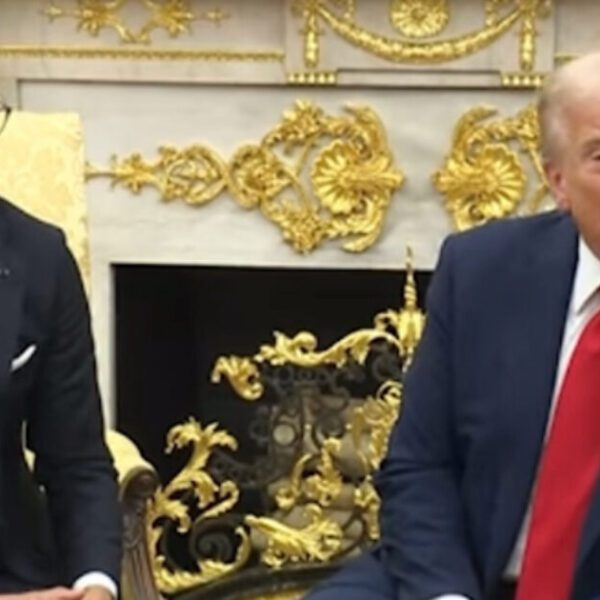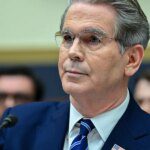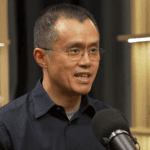
“We shouldn’t have billionaires,” says Zohran Mamdani, a 33-year-old New York State Assembly member and self-described democratic socialist who believes violent crime is a myth. Mamdani has built a platform that is radical and divisive, calling for higher taxes on “richer and whiter neighborhoods” and defending violent student protesters who seized parts of university campuses as victims of repression rather than perpetrators. He opposes what he calls the “carceral state,” rejecting the imprisonment of criminals and framing violence itself as a social construct.
As the Democratic nominee for New York City mayor in the upcoming 2025 election, Mamdani’s proposals include freezing rents in stabilized buildings, creating city-owned grocery stores, and constructing 200,000 publicly subsidized, union-built homes at a cost of $100 billion over ten years.
In a 2021 video, he described his vision of transforming housing from a private commodity into a public good, replacing luxury condos with communal living spaces featuring shared facilities. His broader agenda calls for free buses and childcare, raising the minimum wage to $30 by 2030, and increasing corporate taxes to fund his initiatives through a $10 billion tax hike on businesses and the wealthy.
Mamdani’s agenda would dramatically raise taxes on working New Yorkers, strain the city’s already fragile budget, and push it deeper into debt. His proposed programs would make New York increasingly unaffordable for businesses, driving employers out of the city while expanding dependence on public assistance. In effect, his policies would reward idleness, discourage productivity, and attract people seeking welfare benefits rather than opportunity.
Mamdani also supports the Boycott, Divestment, and Sanctions (BDS) movement against Israel. In 2023, he introduced a state bill to bar registered charities from donating to organizations connected to Israel’s West Bank settlements or alleged war crimes in Gaza. His stance aligns with movements seeking to delegitimize Israel as a Jewish state.
Controversy deepened when Mamdani refused for months to condemn the phrase “global intifada,” widely viewed as antisemitic, only softening his position privately after business leaders warned it could harm his campaign. On April 18, 2024, he posted on X describing Columbia University protesters, who had seized campus buildings, threatened Jewish students, and blocked access, as “students arrested for the crime of peacefully protesting against genocide.” His father, Columbia professor Mahmood Mamdani, participated in these same encampments and delivered speeches supporting the protesters.
Mamdani’s defense of individuals and organizations linked to groups accused of coordinating with Hamas, along with his public confrontation with former ICE Director Thomas Homan—who reminded him that free speech does not protect advocacy for terrorist organizations—underscores his hostility toward law enforcement and sympathy for extremist causes. His candidacy poses a serious threat to New York City’s security, economy, and social cohesion.
Republican candidate for NYC City Council Alina Bonsell agrees that Zohran Mamdani’s policies are dangerous and would destroy the city. A Jewish immigrant from Soviet Ukraine, Bonsell came to America legally in 1989 after she and her parents experienced both antisemitism and the hardships of communism. In a phone interview, Bonsell explained that her family’s escape from that system continues to shape her political perspective today.
As another Jewish immigrant from Russia told me in a separate interview, the reason he opposes the liberal and socialist agenda, and consistently votes as a conservative and why he supports Trump, is because, as he put it, “I’ve seen this movie, and it doesn’t end well.”
Bonsell explained that most Russians, and particularly Russian Jews, who immigrated to the United States legally and now have the right to vote tend to be conservative. “A lot of them are for Trump, a lot of them always vote Republican,” she said, adding that this trend extends beyond Russians. “I think anybody from Eastern Europe.”
Across the nation, similar patterns appear among Vietnamese Americans who fled communism and overwhelmingly supported Trump, as well as among Cubans who escaped Castro’s dictatorship, though not always among their children, who grew up comfortably in America.
People who have never lived under that kind of repression have no idea what they are voting for. Liberals in New York supporting Hamas, Iran, and communism are embracing systems that would ultimately crush and destroy them.
Eastern Europeans come to America because they want capitalism, not socialism. Bonsell explained that “That’s the irony. They could take advantage of the welfare system and live on government benefits, but they choose to work instead.”
Her own family’s story reflects this mindset. “My family came from the former Soviet Union, and they struggled to get here,” she said. “If you were born in America, it doesn’t matter your color, religion, or background, you have every opportunity to succeed. If you refuse to take advantage of that and live off what others earned, that’s not the government’s fault, it’s yours.”
Bonsell emphasized that the United States offers “privilege through education and work,” citing free public schooling, community college programs, and tuition-free state universities for families earning under $125,000. “You have all the tools to succeed,” she said. “Many people from poor backgrounds turn their lives around, build businesses, and improve things for the next generation. But if you keep taking from those who work hard, you’re discouraging others from doing the same. Who wants to study and work just to give their money away?”
She warned that such policies foster dependence and erode ambition. “It’s better to be poor and collect benefits, sit on the sofa, and play video games. That’s what this ideology teaches,” she said. “What kind of society are we building?”
Reflecting on how well legal immigrants have done in America, Bonsell pointed to the success of Indian immigrants as an example of how appreciation for education and opportunity leads to achievement. “People who come here and understand what this country offers, those who are grateful, tend to thrive. But too many born here don’t see how fortunate they are,” she said.
Mamdani wants to hand out free money, but that kind of policy won’t help the people he claims to serve. It will hurt them. New Yorkers already have free education through their bachelor’s degree, live in a city with the most jobs in the country, and earn some of the highest wages. As the old Frank Sinatra song goes, “If you can make it there, you can make it anywhere.”
In my family, who are also the children of legal immigrants, we always joked, “There’s so much opportunity in New York that if you can’t make it there, you can’t make it anywhere.”
Bonsell is running to represent District 5, which covers the Upper East Side of Manhattan. During our phone interview, she emphasized that while it’s important to oppose Mamdani’s mayoral ambitions, it is equally critical to support Republican candidates for the City Council.
“It’s essentially the Congress of the federal government,” Bonsell explained, noting that the council serves as the legislative branch of the city. “The mayor is the president, and City Hall is the Congress—there is a balance of power.” She emphasized that if Republicans can gain control of the council, they can block Mamdani’s radical legislation. However, she acknowledged it’s an uphill battle.
“We do not have a balanced City Hall right now,” she said. “There are 51 seats that represent New York City. Eight of those are from Manhattan, and the other four boroughs have the rest. We have a Republican representing at least one seat in each borough except Manhattan. Overall, we only have six Republicans and forty-five Democrats.”
Only six Republicans sit on the New York City Council, an astonishingly small number for the largest city in the nation.
For those who think a local vote doesn’t matter, Bonsell reminds them that “New York City has a budget of $116 billion, larger than most countries.” That’s an enormous amount of money, she noted, and the city’s policies have influence far beyond its borders. Whatever happens in New York often becomes a model not only for other major U.S. cities but also for smaller ones across the country. She urged Republicans nationwide to take their city council elections seriously and not allow blue, liberal, or socialist policies to become law.

